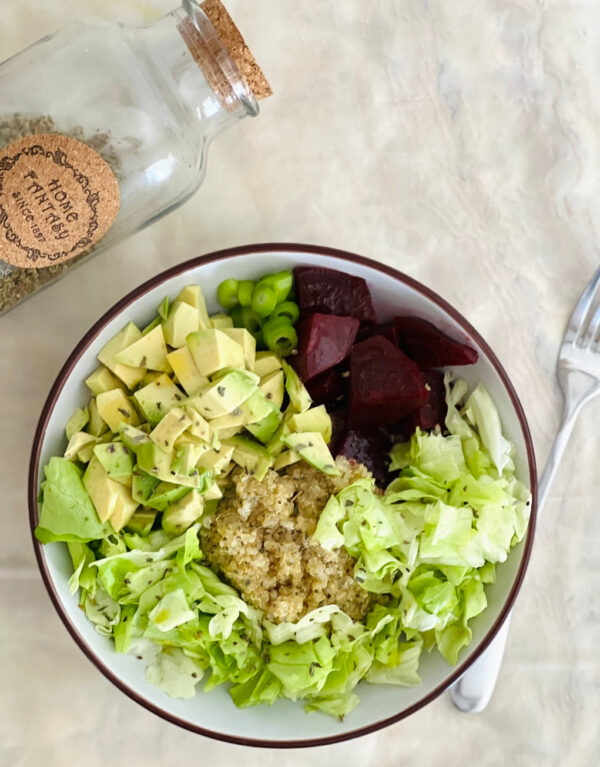Information


When it comes to Ayurvedic lifestyle, digestion is one of the most important aspects to consider. According to Ayurveda, the way we digest food can give us a clear idea on the doshic imbalance one may be experiencing. Food contributes greatly to our overall health because it is our fuel. It can nourish our body and its organs, it can help us heal and when eating a clean, sattvic diet, it gives us plenty of good prana.
If there is an imballance however in one of the doshas, then digestion will be (usually) one of the first areas that will get affected. If our digestion is too fast and nutrients are not absorbed (this is usually a Pitta imbalance) then the body does not receive what it needs to continue to function well. If the digestion is too slow (usually Kapha imbalance) or incomplete and inconsistent (usually Vata imbalance), then the body will accumulate ama/toxins and again, the overall wellbeing of the body will be affected negatively.
Whilst there are plenty of healthy Ayurvedic habits we can implement in our lifestyle to help us with better digestion, here are some of my top ones:
Cook your food
Unless you have a very strong and balanced Pitta agni (digestive fire), then it is best that the food is cooked when you can do so. Whilst raw food diets are quite popular, raw food is also harder to digest. When we cook our food, we already begin the digestive process. When the food is cooked, this makes it easier for the body to break it down and retain the needed nutrients. This is especially useful if your predominant dosha is Vata, which can often experience bloating. Kapha predominant dosha individuals will also benefits from the food being cooked because in general, a Kapha digestion is quite slow.
Use spices that support the agni
Another golden rule of Ayurvedic cooking is using spices. Often they are confused with “spicey” condiments, but when I say spices, I mean all kinds of herbs and spices. There are some key ones which support the digestive fire and are tridoshic, meaning they are suitable and beneficial for all the 3 doshas. These are cumin, ginger, and turmeric. If you want to be more specific, you can use spices that are more suitable for your dosha, but the above are a good start & a good choice. Just remember to always cook the Turmeric and cumin. The ginger can be taken fresh, but if you have a slow digestion, then it is best to cook it also or use ginger in the form of powder.
Give your meals lots of flavour
Another reason to use spices is to make your meals tasty and full of flavour. Once of the best things about Ayurvedic cooking is that the meals must always be aromatic and have plenty of taste. A bland meal is not a usual one in Ayurveda. The reason is because the flavour also kickstarts our agni. When our sense of taste is stimulated by the food, then the brain sends signals to the intestines that it is time to work. So the more flavour, the better.
Walk it out
In Ayurveda, it is suggested to take a gentle walk about 20-30minutes after taking food. I emphasise on the word gentle, because this should not be a power walk, or vigorous one, certainly not running. Walking slowly will give the body enough movement to support the hard working digestive organs, however too much or too fast movement will activate the sympathetic NS which will interfere with the process of digestion, a time when the parasympathetic NS is more active. So once you feel that your food has settled, take a 10-20 minutes stroll.
Eat only as much as you need
I think this applies in general in regards to the quantity of food we eat. Sometimes, when a meal is really, really tasty we keep indulging because we love the taste so much. But if we overeat, then this makes it very difficult for digestion to be healthy and regular. So as a general note, only eat until you feel satisfied/nourished and not too full, to the point when you need to lay down for a rest. To add to this, as a final one, according to Ayurveda, one should only eat when hungry and when the previous meal has been digested. Take your time, eat slowly, chew the food well and enjoy each bite. So overall, bring some mindfulness to eating habits.